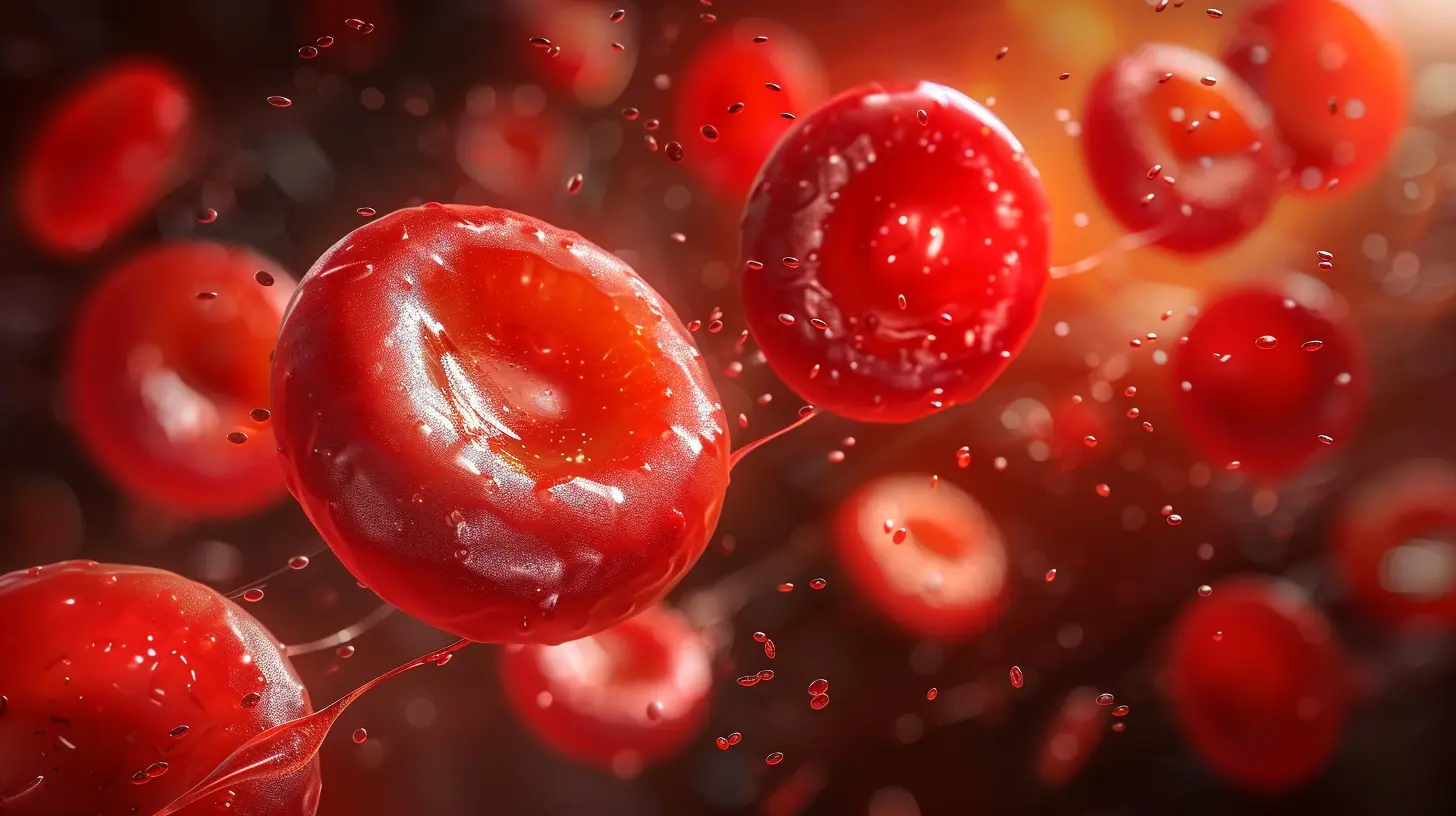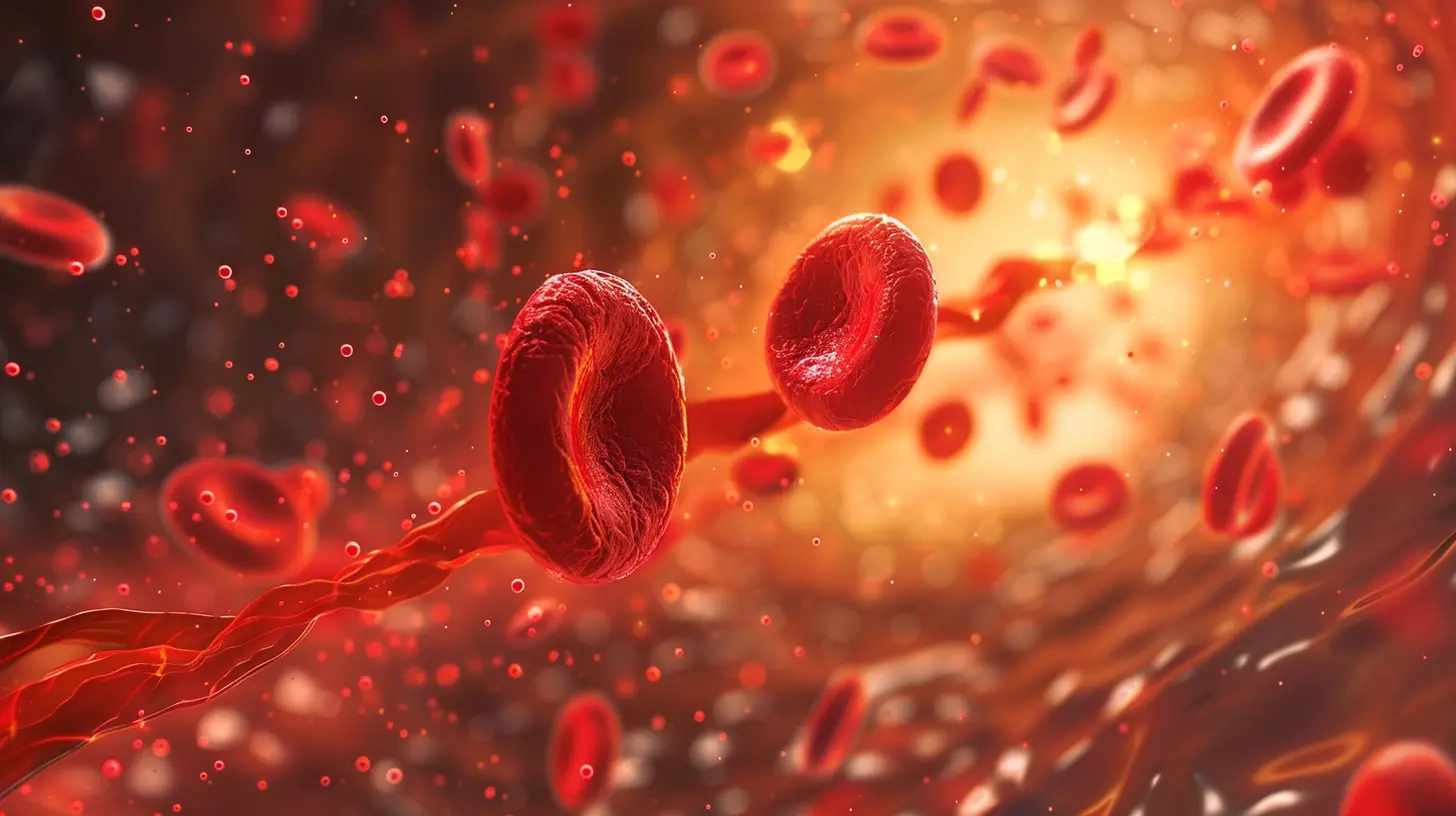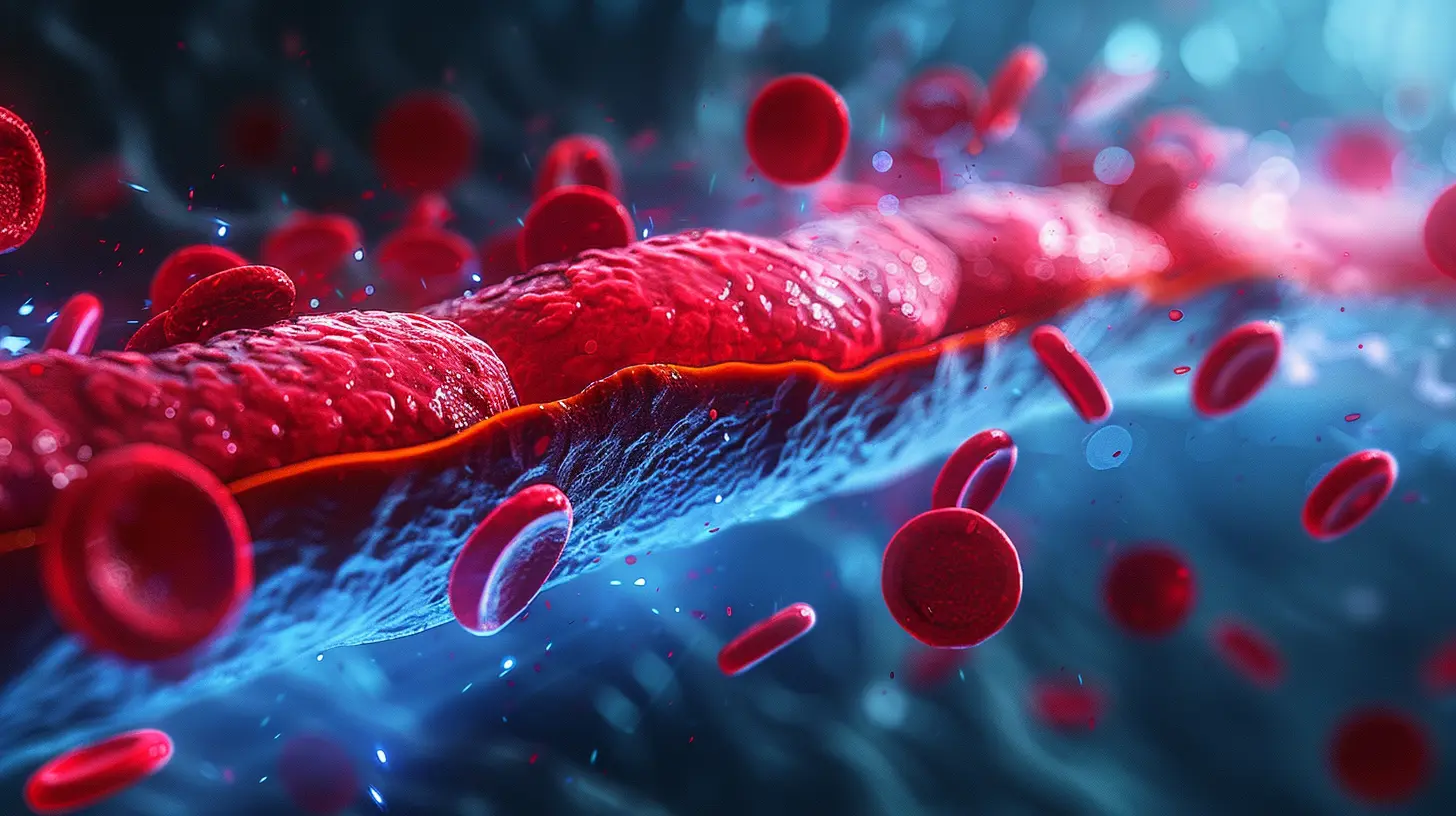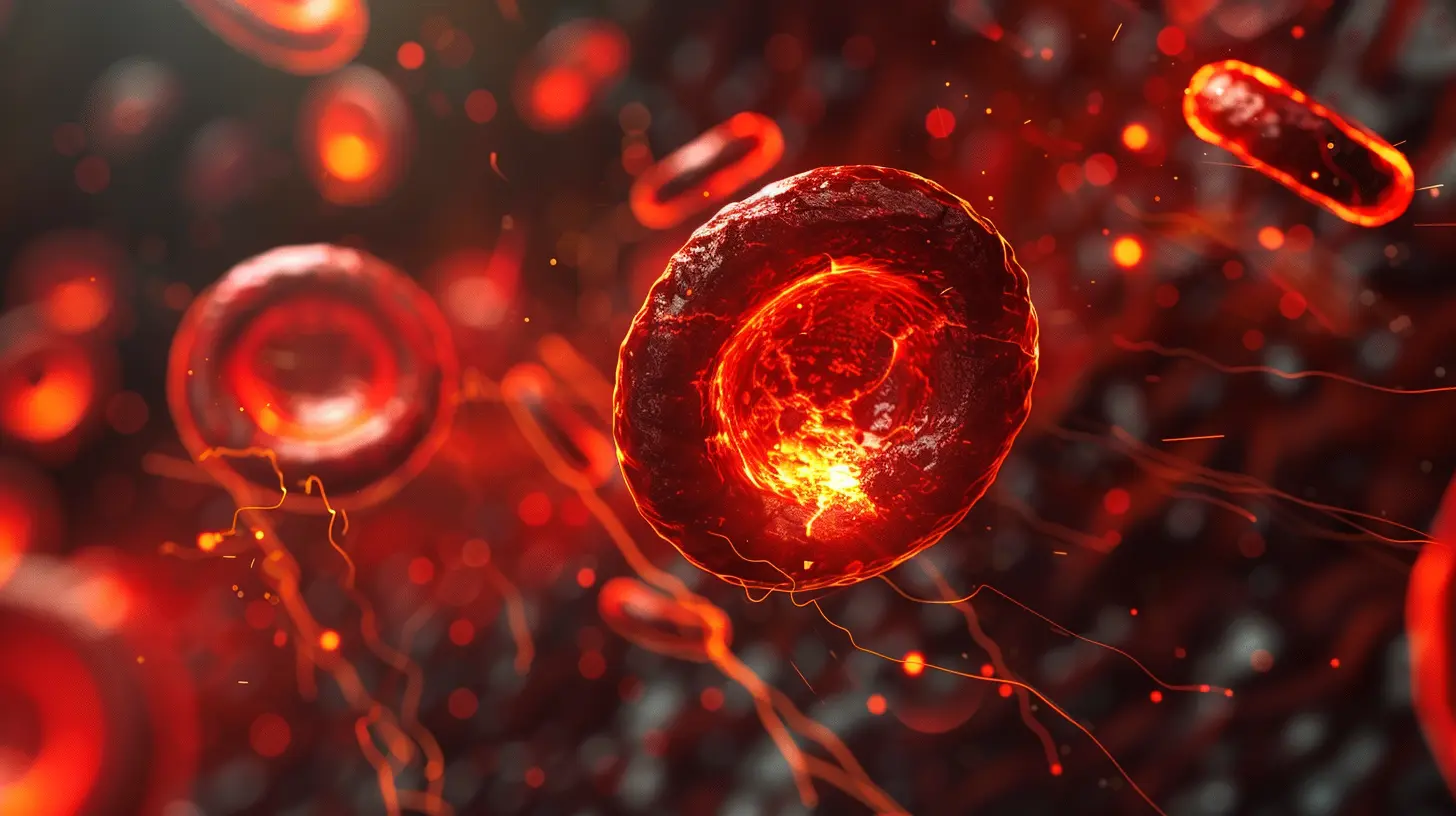The Importance of Regular Cholesterol Testing
12 November 2025
Introduction
You’ve probably heard about cholesterol—how it can clog arteries, lead to heart disease, and create all sorts of health issues. But here’s the thing: cholesterol isn't all bad. In fact, it's essential for your body to function properly. The real trouble starts when you have too much of the wrong kind. So, how do you know if your cholesterol levels are in check?
That’s where regular cholesterol testing comes in. It’s a simple test that can literally save your life. But let’s be honest—how often do you think about your cholesterol levels? If you're like most people, probably not until your doctor brings it up. And that’s the problem. High cholesterol doesn’t usually have symptoms, which means you could be at risk without even knowing it.
In this article, we'll dive deep into why cholesterol testing matters, how often you should get tested, and what you can do if your numbers aren’t looking great. 
Understanding Cholesterol: The Good, the Bad, and the Ugly
Before we get into the importance of cholesterol testing, let’s clear up some confusion about what cholesterol actually is.What is Cholesterol?
Cholesterol is a waxy, fat-like substance that your body needs to build cells, make hormones, and support digestion. Sounds important, right? Absolutely! But here's the catch—it comes in different types, and their balance is what truly matters.The Two Main Types of Cholesterol
- LDL (Low-Density Lipoprotein) – This is often called "bad cholesterol" because it can build up in the walls of your arteries, leading to blockages and increasing your risk of heart disease and stroke.- HDL (High-Density Lipoprotein) – Known as "good cholesterol," HDL helps remove LDL from your bloodstream, preventing plaque buildup and keeping your heart healthy.
There’s also triglycerides, another type of fat found in your blood. High triglyceride levels, combined with low HDL or high LDL, can spell trouble for your heart. 
Why Is Regular Cholesterol Testing So Important?
Most people don’t recognize the dangers of high cholesterol because, unlike a headache or fever, it doesn’t cause noticeable symptoms. It silently increases your risk of life-threatening conditions.1. High Cholesterol Is a Silent Killer
You can't feel high cholesterol. There’s no warning sign, no pain, no discomfort—until something major happens, like a heart attack or stroke. The only way to know your numbers? Get tested.2. Early Detection Can Save Your Life
If caught early, high cholesterol can be managed with lifestyle changes, diet adjustments, and medications if needed. But if left unchecked, it could lead to serious complications.3. It Helps You Make Necessary Lifestyle Changes
Knowing your cholesterol levels can be a wake-up call. If your numbers are creeping up, you can take action by eating healthier, exercising, and quitting unhealthy habits before it's too late.4. Cholesterol Testing Is Quick and Easy
There’s no reason to avoid cholesterol testing—it’s a simple blood test that takes just a few minutes. Your doctor may ask you to fast beforehand to get the most accurate readings.
How Often Should You Get Tested?
The frequency of cholesterol testing depends on several factors, including age, health status, and family history. Here’s a general guideline:- Adults 20 and older – Every 4 to 6 years, if you're otherwise healthy.
- People with risk factors (obesity, diabetes, smoking, high blood pressure) – Every 1 to 2 years or as recommended by a doctor.
- Anyone with heart disease or high cholesterol history – Annually or as prescribed by a healthcare provider.
Your doctor may recommend more frequent testing if you have a family history of high cholesterol or heart disease. 
What Do Your Cholesterol Test Results Mean?
When you get your results, they’ll include your total cholesterol, LDL, HDL, and triglycerides. Here’s a breakdown of what’s considered normal:| Cholesterol Type | Ideal Levels |
|-----------------|--------------|
| Total Cholesterol | Less than 200 mg/dL |
| LDL (Bad Cholesterol) | Less than 100 mg/dL |
| HDL (Good Cholesterol) | 60 mg/dL or higher |
| Triglycerides | Less than 150 mg/dL |
If your numbers are outside these ranges, don’t panic—your doctor will guide you on what steps to take.
How to Naturally Lower Your Cholesterol
If your cholesterol levels need improvement, don’t worry. You don’t necessarily need medication right away—small lifestyle changes can make a big difference.1. Eat Heart-Healthy Foods
- Load up on fruits, vegetables, whole grains, and healthy fats (like avocados and nuts).- Cut back on processed foods, sugary snacks, and fried items.
- Include foods rich in Omega-3 fatty acids, like salmon and flaxseeds.
2. Get Moving
Regular exercise helps boost HDL (good cholesterol) and lowers LDL (bad cholesterol) and triglycerides. Aim for at least 30 minutes of exercise most days of the week.3. Quit Smoking
Smoking lowers HDL and damages blood vessels, increasing your risk of heart disease. Quitting can improve your cholesterol levels almost immediately.4. Keep Your Weight in Check
Even a small weight loss can lower LDL cholesterol and triglyceride levels.5. Limit Alcohol Intake
Excessive alcohol consumption can raise triglyceride levels. Drink in moderation—one drink per day for women, two for men is the general guideline.When to Consider Medication
Sometimes, despite lifestyle changes, cholesterol levels remain high. If this happens, your doctor may prescribe statins or other cholesterol-lowering medications. These medications help reduce LDL levels and decrease the risk of heart disease.If your doctor suggests medication, it’s not a failure—it’s an extra measure to protect your heart.
The Bottom Line
Cholesterol might not be something you think about every day, but regular cholesterol testing is one of the best things you can do for your heart health. It’s quick, painless, and provides life-saving insights into your risk of heart disease and stroke.If you haven’t had your cholesterol checked recently, schedule an appointment today. Your future self will thank you.
all images in this post were generated using AI tools
Category:
CholesterolAuthor:

Sophia Wyatt
Discussion
rate this article
1 comments
Emma McQuillan
Regular cholesterol testing is crucial for maintaining heart health. It helps identify risks early, allowing for effective management through lifestyle changes or medication. Prioritize your health—get tested!
November 23, 2025 at 3:22 AM

Sophia Wyatt
Thank you for emphasizing the importance of regular cholesterol testing! Early detection is key to better heart health.


